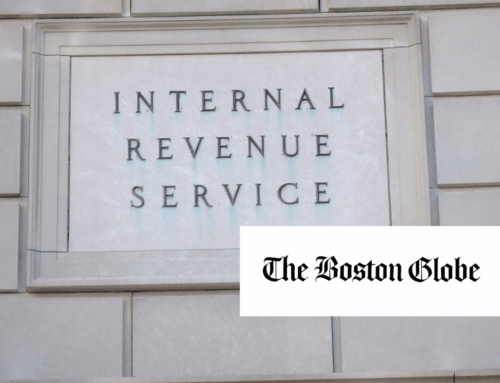Taxpayers scored a victory Wednesday when House lawmakers debating 2018 spending bills soundly rejected efforts to gut the Congressional Budget Office (CBO).
Once one of the more arcane arms of Congress, this non-partisan budget scorekeeper has received a lot of attention in recent years. When legislation is about to be considered by Congress, the CBO estimates or “scores” the economic and budgetary impacts of the bill. The CBO isn’t perfect – far from it – but it is critical for lawmakers and taxpayers alike to have a common understanding of the costs or benefits of potential laws.
It’s important to remember why we even have a CBO and “scores” of legislation. The Congressional Budget Office was created in 1974 to be an independent congressional counterweight to the Executive branch’s Office of Management and Budget, or OMB. A Congress fed-up with a combative, scandal prone, and apparently dishonest (turns out criminal) Nixon White House wanted its own group of analysts to make projections about the economy, presidential budget requests and the potential costs and impacts of proposed legislation. And for forty years the CBO has provided that counterweight.
On Tuesday some lawmakers proposed amendments to strip the CBO of much of its funding. An amendment sponsored by Rep Perry (R-PA) would have cut the CBO’s budget by 50 percent. A separate amendment introduced by Rep. Griffith (R-VA) sought a 30 percent reduction through abolishing the Budget Analysis Division. Both were, thankfully, soundly rejected. But both also received more than 100 votes in favor – this issue is not going away. In fact, Budget Committee Chairman Black (R-TN) has announced that she will hold hearings on the CBO and its scores – which actually makes sense.
Taxpayers for Common Sense has also taken issue with CBO budget scores at times and noted estimates that reality proved wrong. But our response has been to try to improve the product through increased transparency in scoring, methodical reviews of past scores to inform future analysis, and shorter, more realistic scoring windows to address legislative drafting quirks. We recognize that CBO scores aren’t set-in-stone predictions of the future, but estimates of budgetary effect, and come with a range of expected error.
The biggest problem with the CBO has actually been Congress. The CBO can only play by the rules it’s given. We know there are a lot of gimmicks that lawmakers can pursue to try to game the system or trick the ref. Using budgetary smoke and mirrors, they can shift a proposal’s timing to bring in revenue sooner and costs later, shifting some of the long-term cost outside the budget window without really changing the bottom line. Or phase in changes so that the ultimate long-term cost is hidden. Or plan on politically painful budget cuts that common sense dictates Congress will never allow.
We need the CBO because we have to have neutral arbiters providing an assessment we can all work around. You’re never going to get everyone on the same page. But we all need to work from the same starting point. There’s no crystal ball. The CBO projects a range of outcomes. Real life may cause costs to shift one way or another, but this is a baseline from which you can make your plans.
For all of its faults, the CBO comes under most sustained attacks when majorities can’t get their legislative priorities scored in a way that makes them politically saleable. Shutting it down because you don’t like the objective, nonpartisan analysis the CBO is providing, won’t change any underlying costs of legislation.
Of course, lawmakers are right to want to want the most accurate budget scores possible. But simply whacking the CBO’s budget is not going to accomplish that. In fact we would argue the opposite. ◻











Get Social